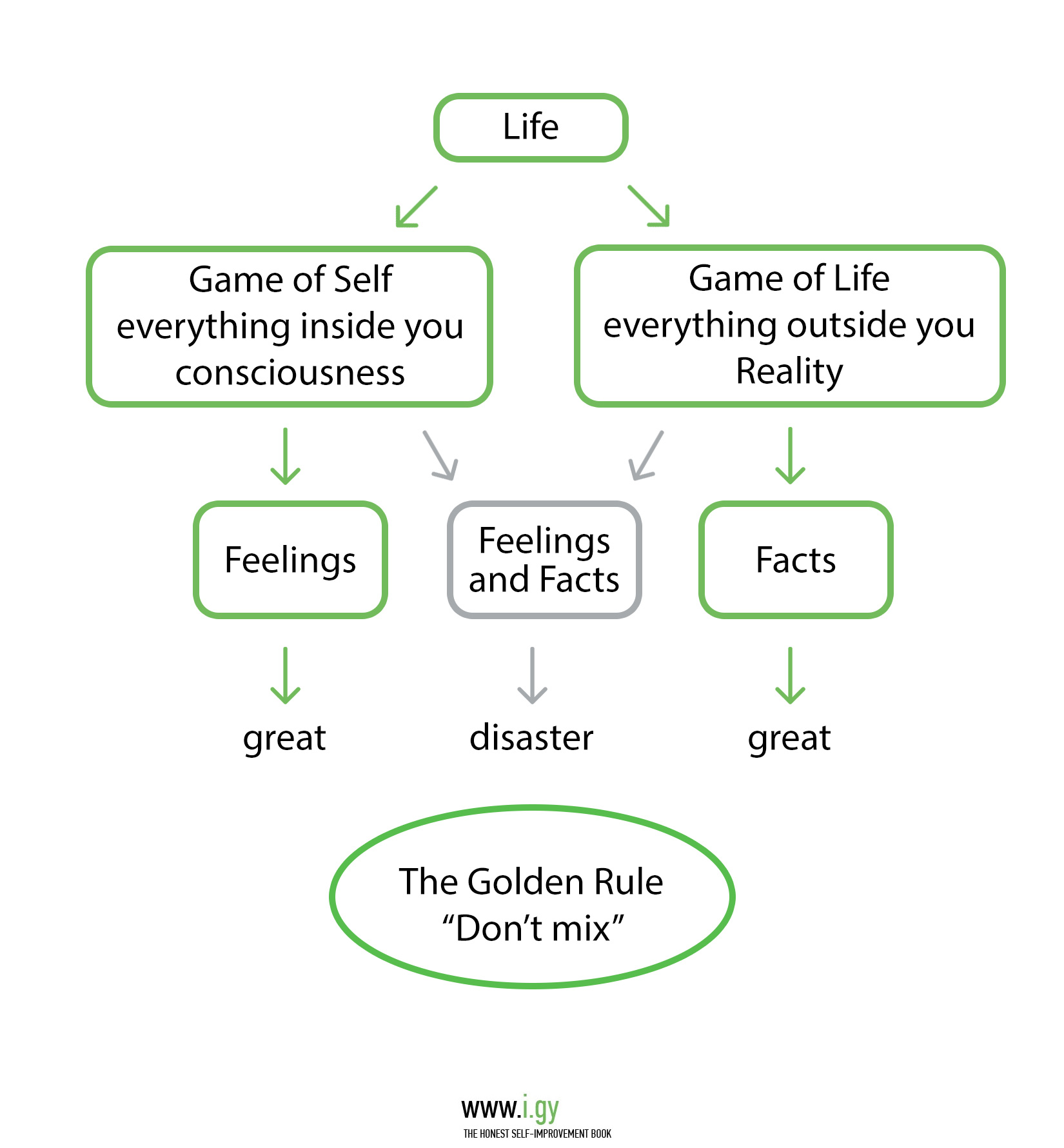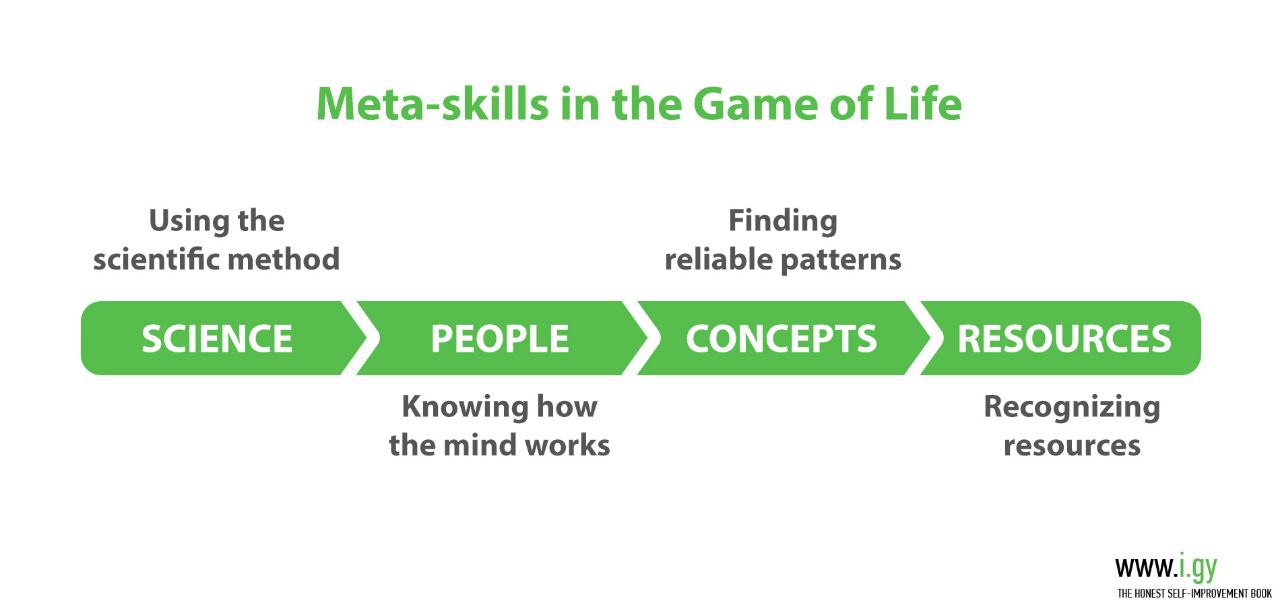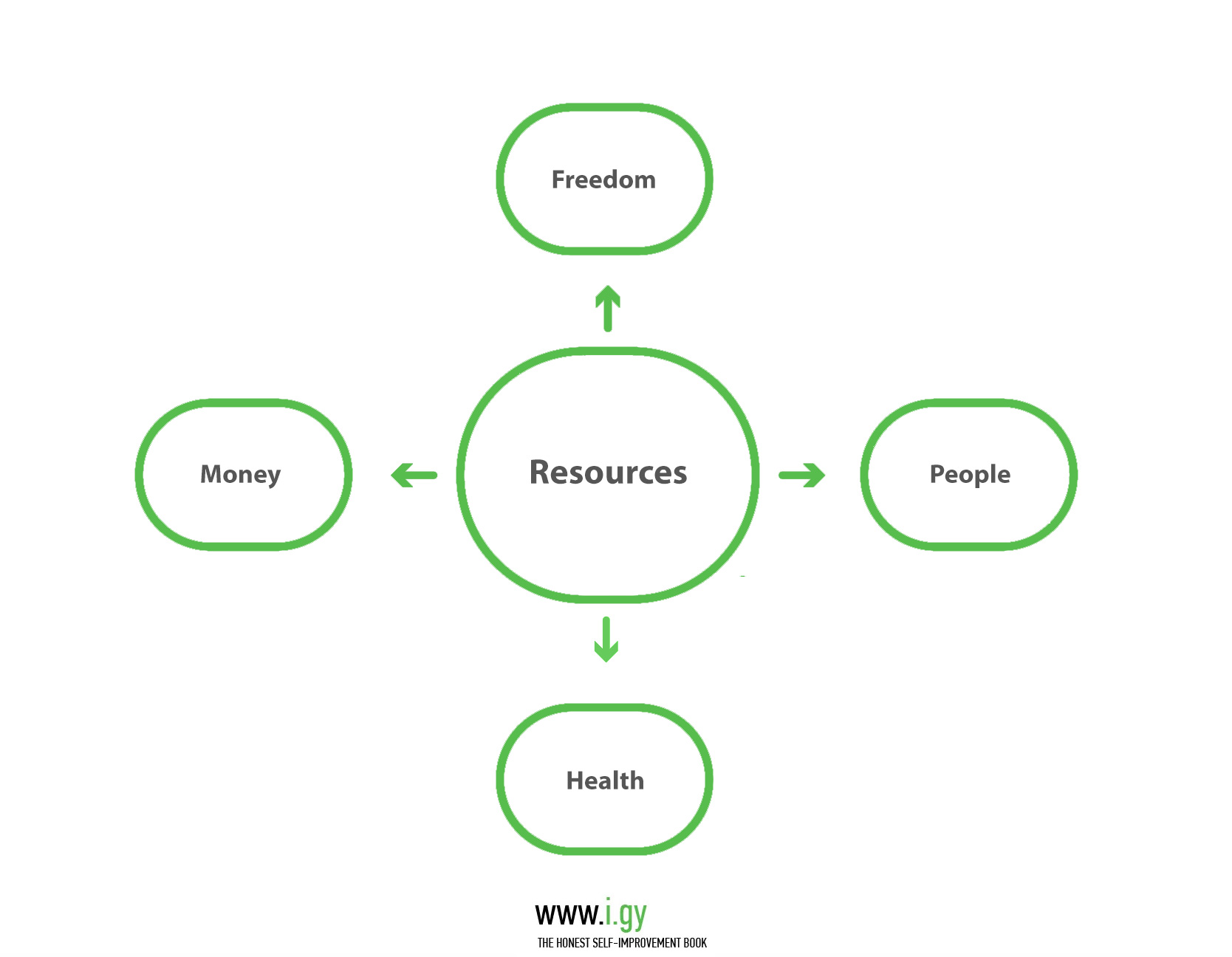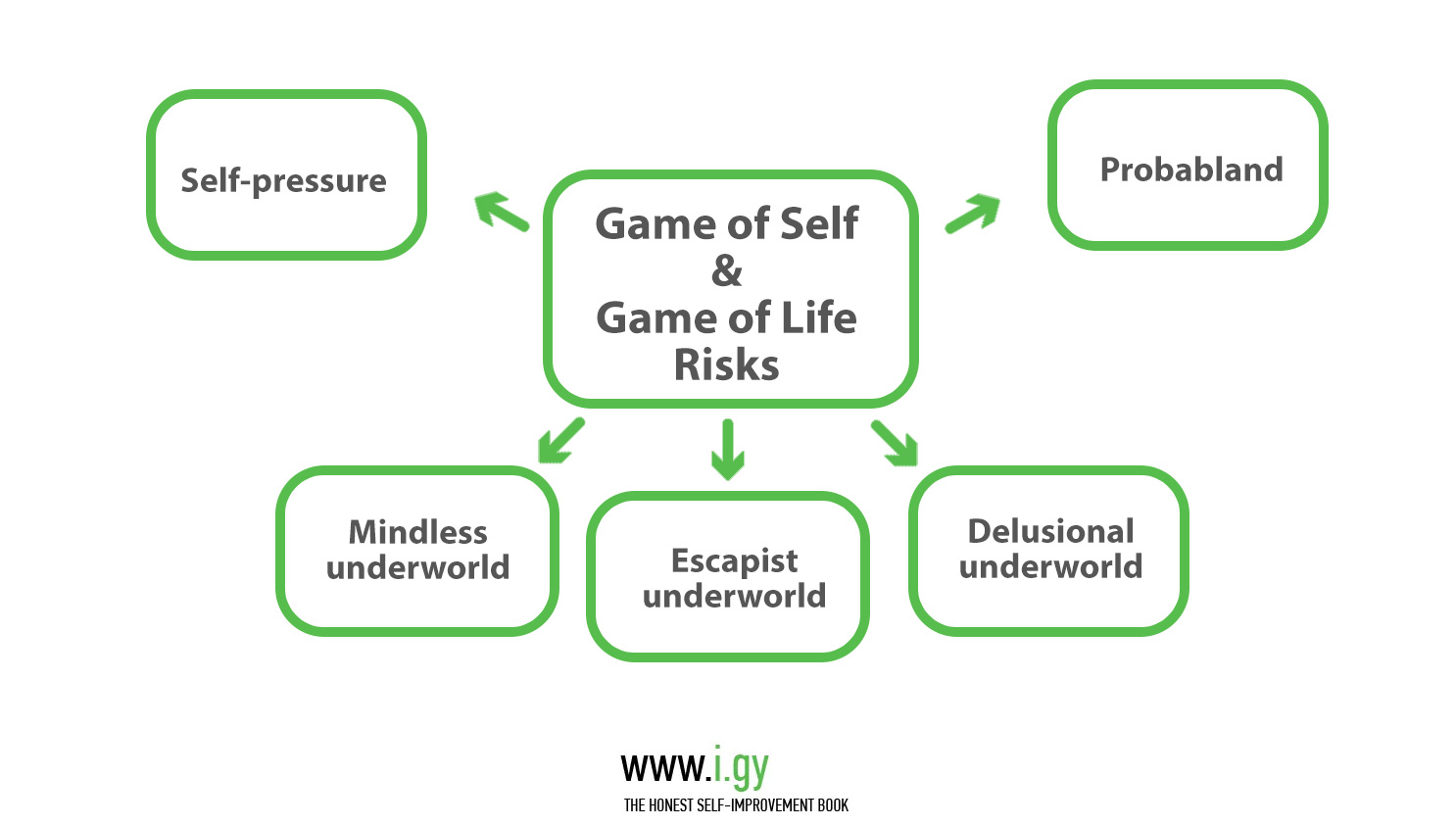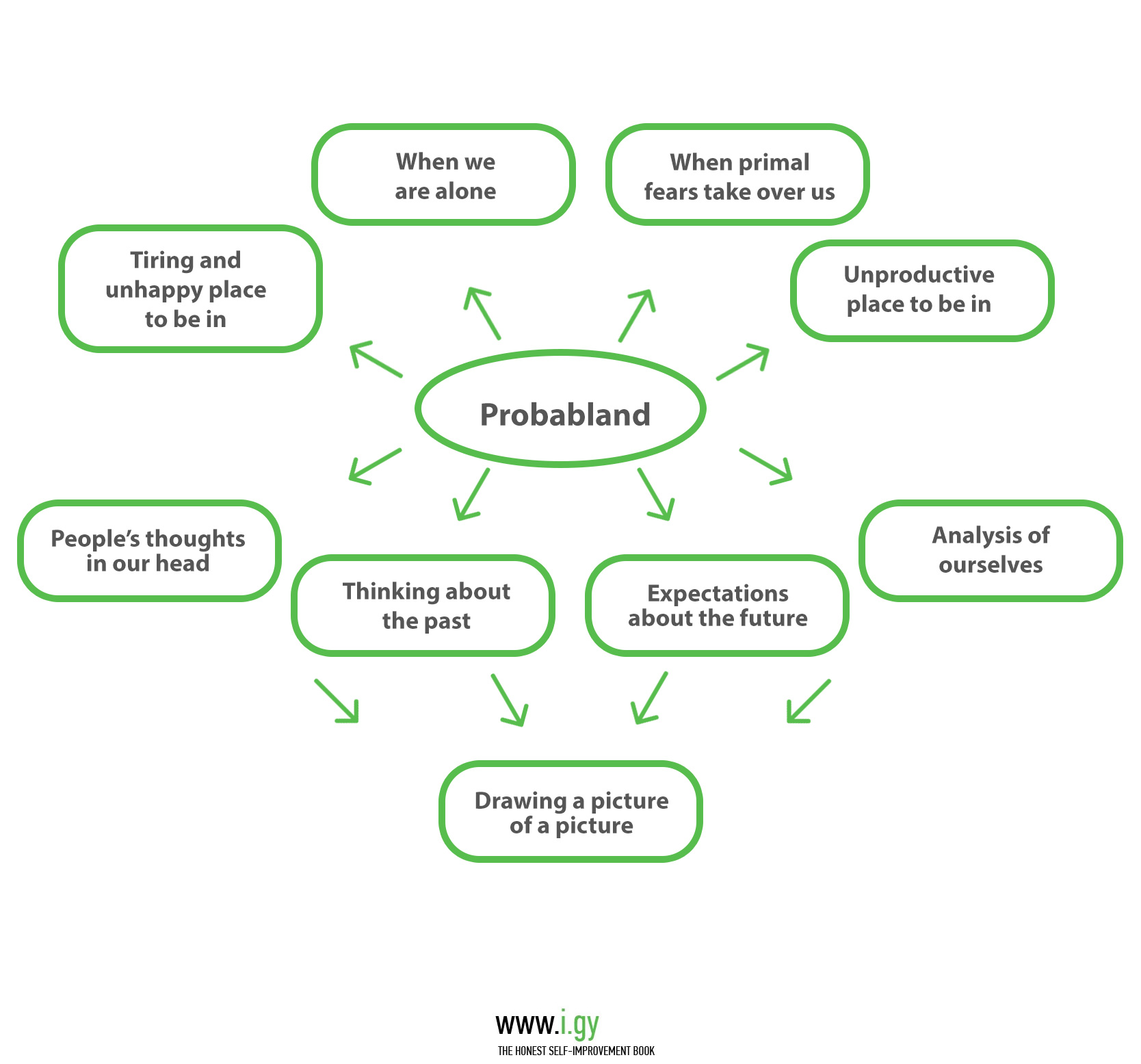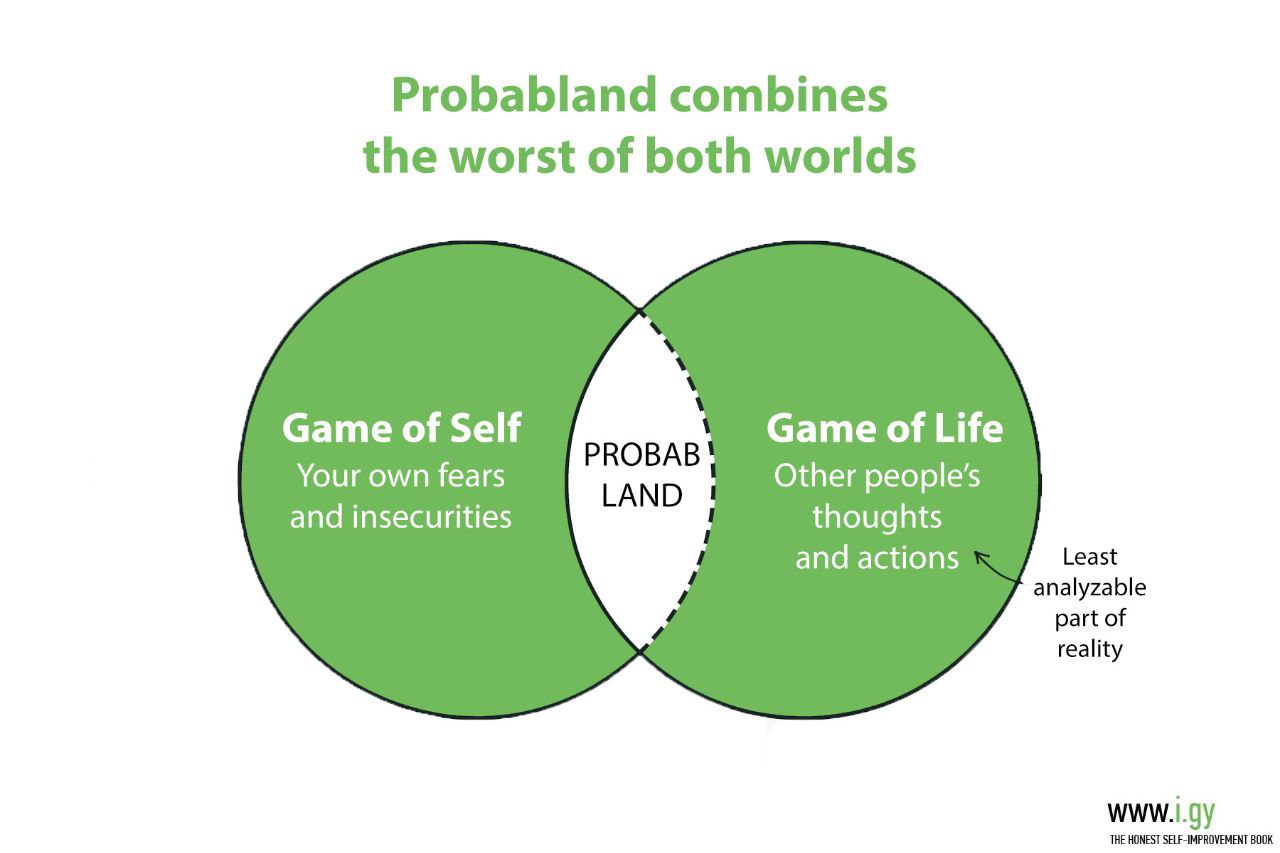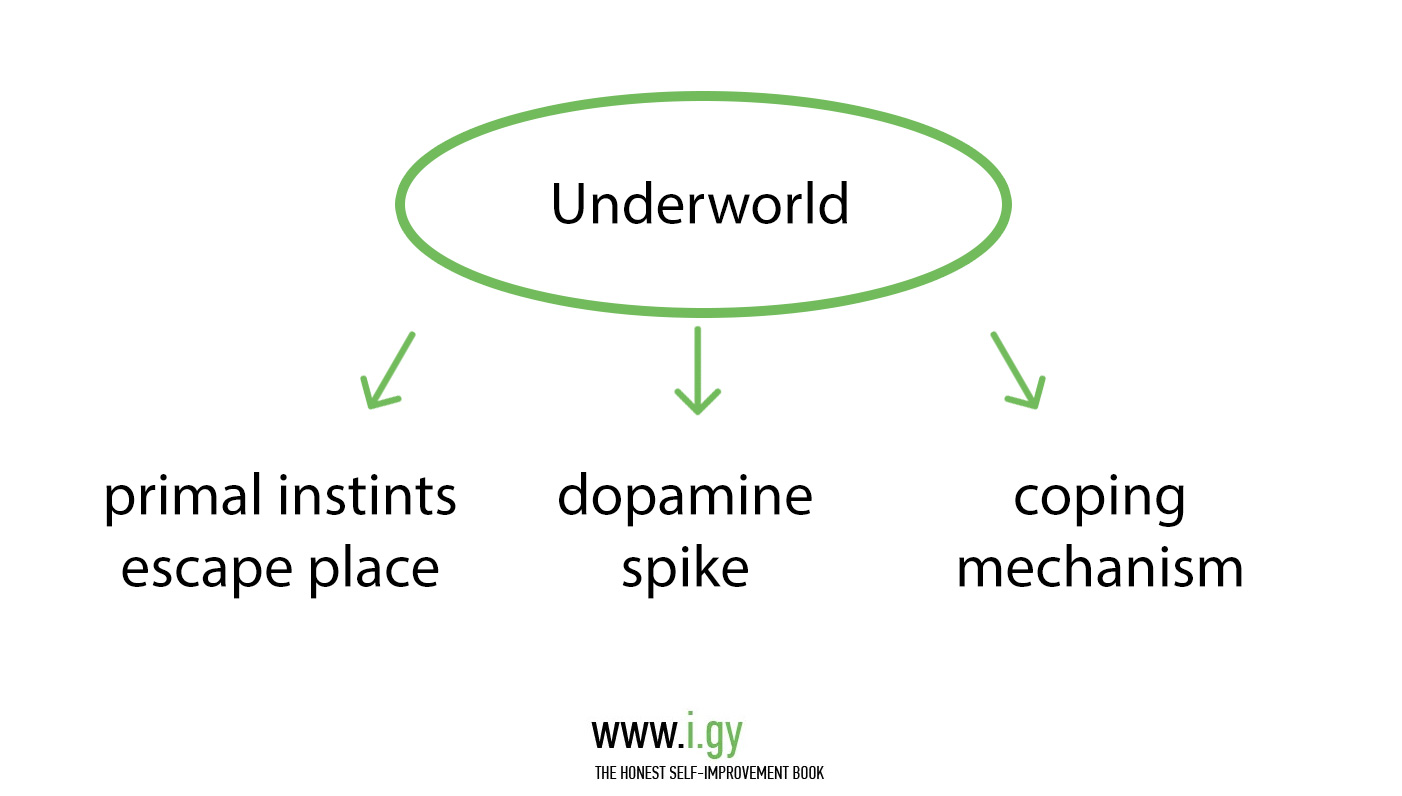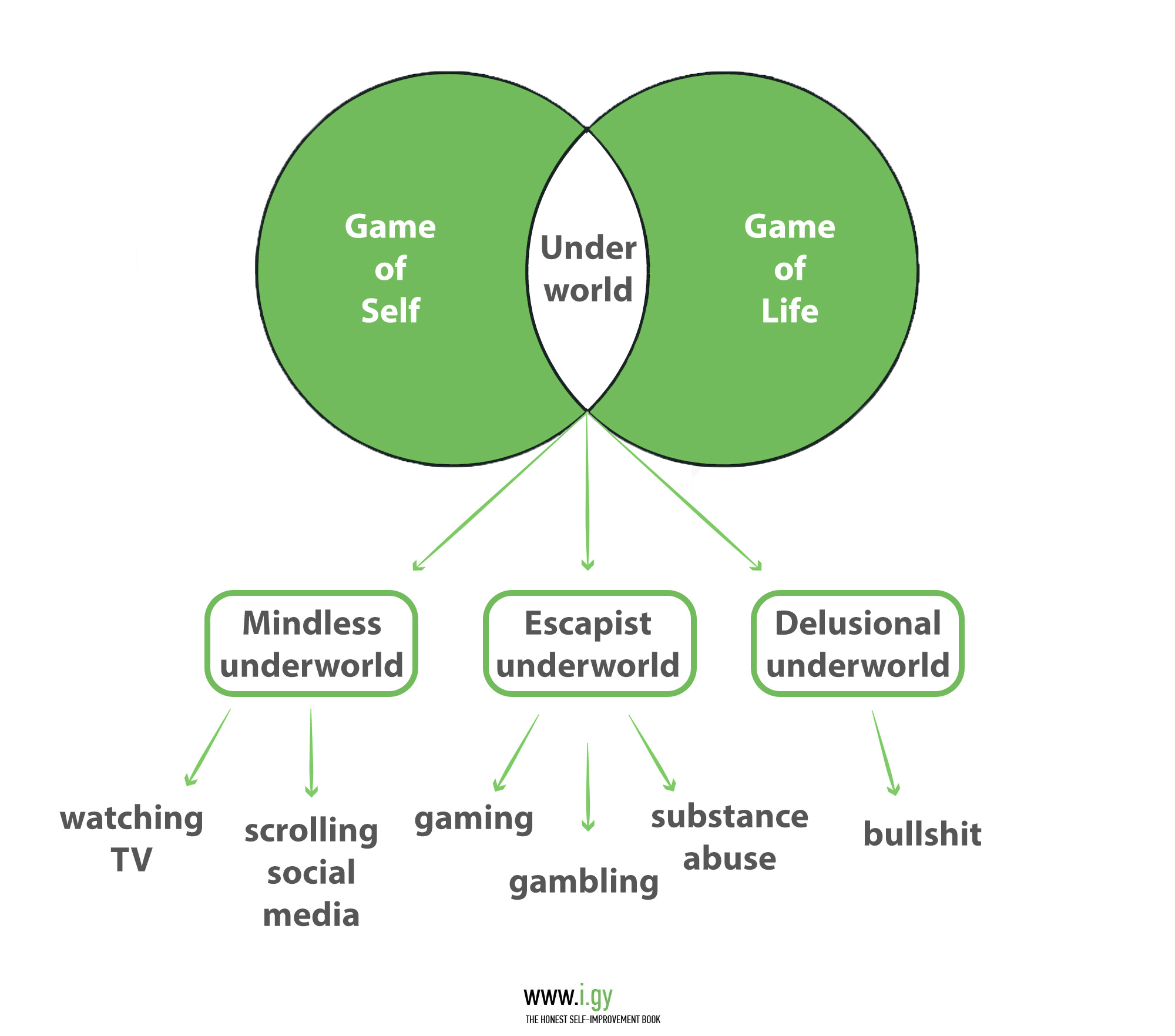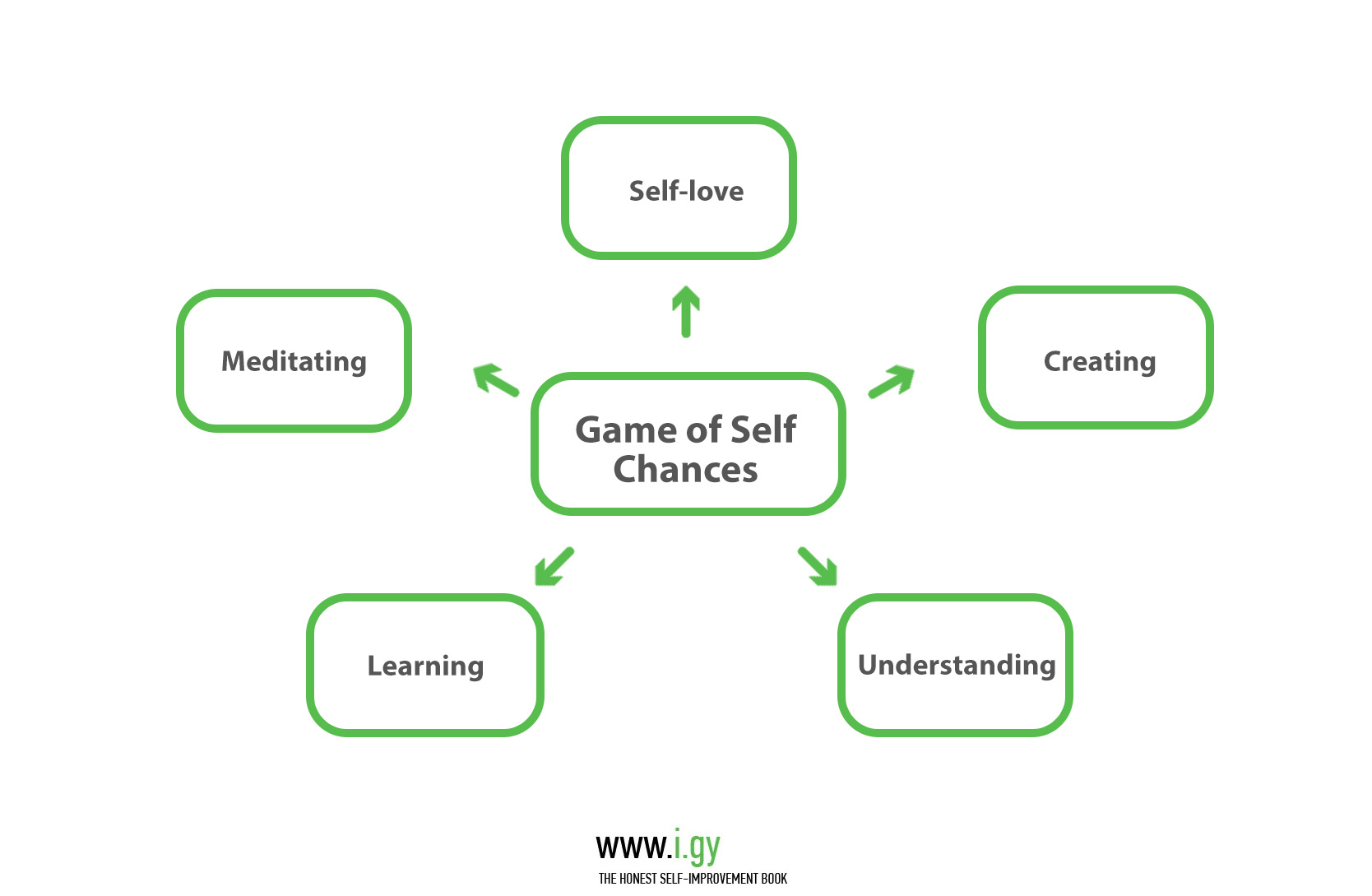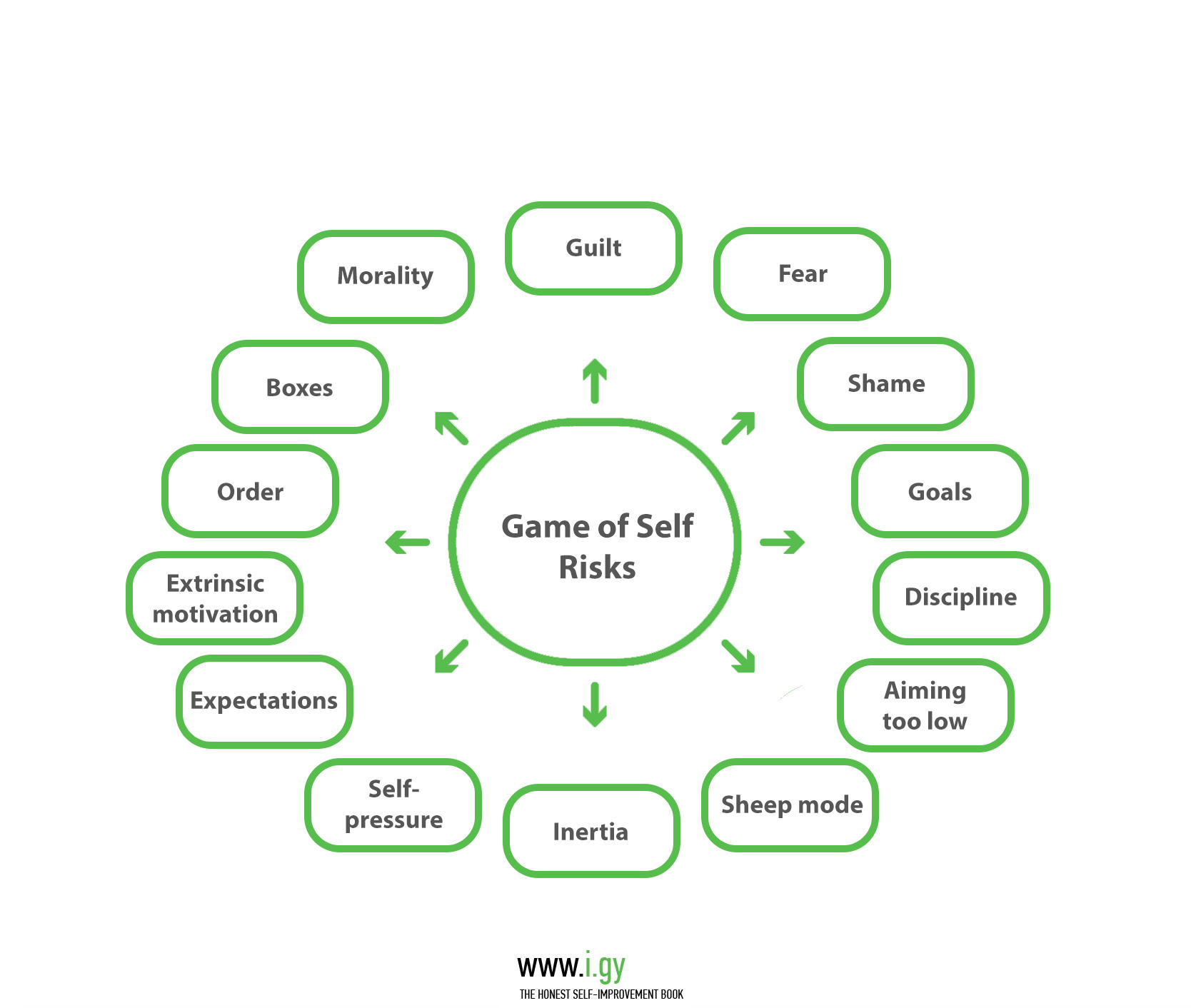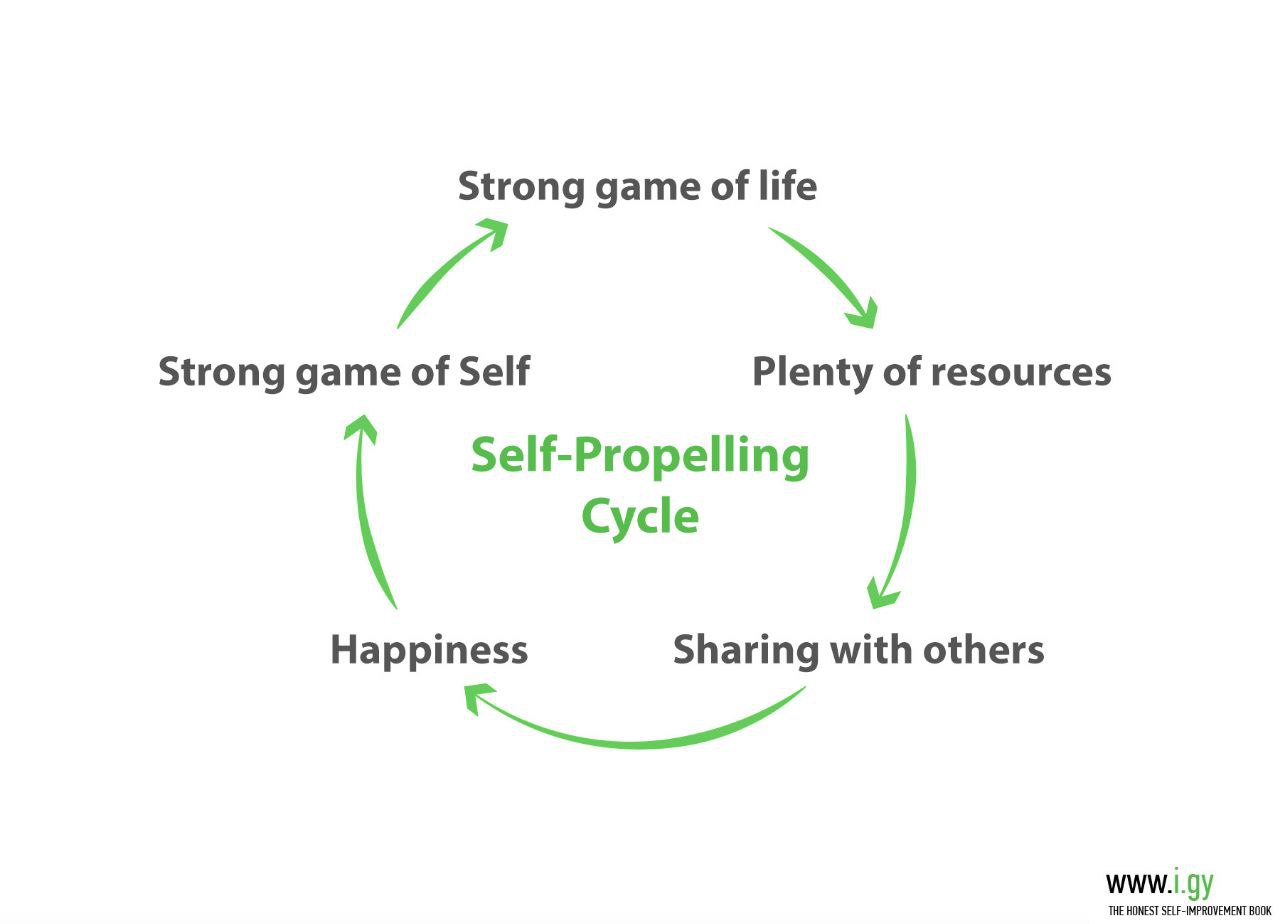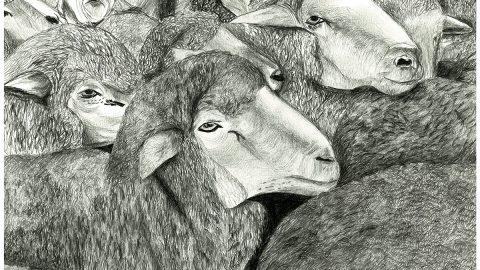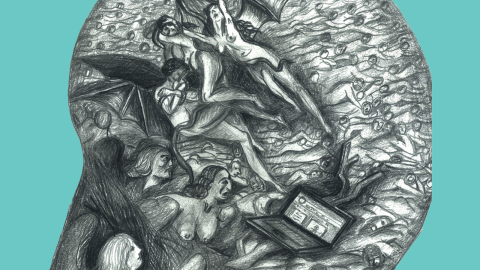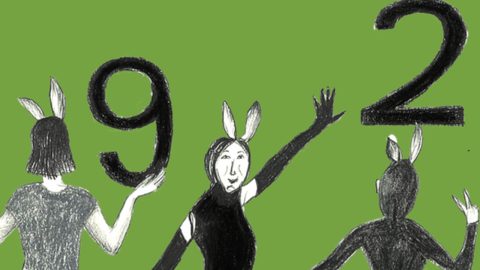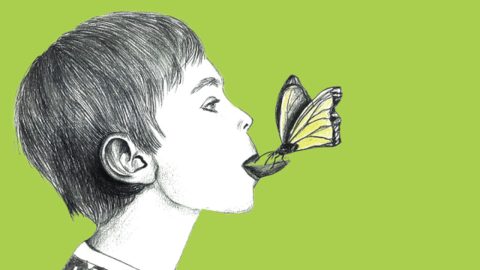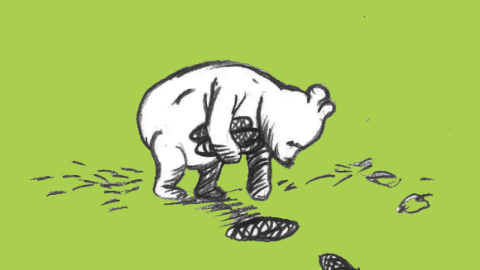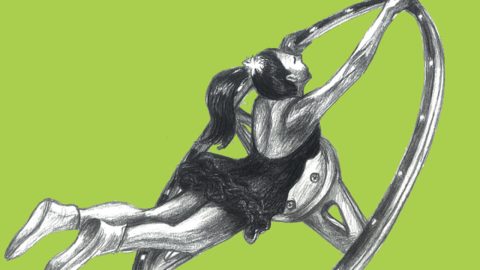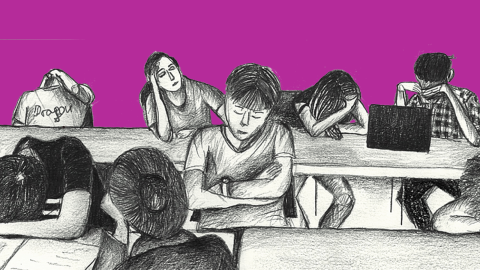We don’t see things as they are – we see them as we expect them to be – Adam Grant
Life is much easier to understand and live if we have two approaches to two fundamentally different concepts – the Game of Self (everything inside you, consciousness) and the Game of Life (everything outside you, reality). Every Time we encounter a challenge we can ask, is this a Game of Self challenge or a Game of Life one? Mixing up the self and reality parts together is often paralyzing and can be the main reason people get stuck in life. The golden rule says not to mix facts and feelings. Feelings are exclusively Game of Self and facts are exclusively Game of Life.
From a personal perspective, Game of Life is all about gaining and Sharing Resources. This would not be effective if we are out of touch with reality. So who are the reality experts? The scientists, their way’s called the Scientific method and their mission is finding out how the world works. Thanks to this, we can measure and even predict reality to a degree.
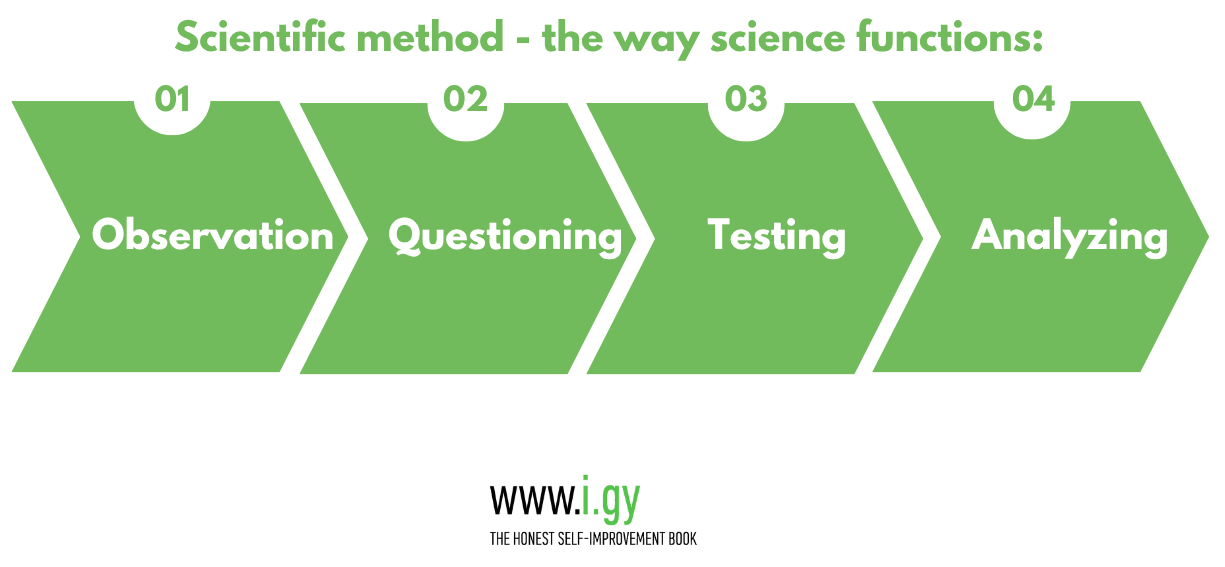 Science and the resulting technology have been the main driver of human Progress throughout history.
Science and the resulting technology have been the main driver of human Progress throughout history.
To move forward in the Game of Life, we need to work skillfully with science, people, concepts and Resources.
The main resources in life are:
- Freedom
- people
- health
- assets (eg. Money)
Game of Life Success looks like:
You’ve removed inertia from being the driving force in your life and you’ve learned to intuitively evaluate, attract and share resources.
What’s in the Game of Self? A mess of images, feelings, and thoughts moving forward in time. Scientists call it consciousness, we – the picture – your ever changing, inaccurate perception of reality mixed up with your thoughts and feelings. There are a few directions you can point the picture to:
- Game of Self – Self-love, understanding, learning, creating, meditating.
- Game of Life – meeting people, moving, working, eating.
- Underworld – when primal urges take over – chocolate, gambling, social media.
- Probabland – when primal fears take over. Our perceptions of other people’s thoughts and feelings.
The picture strongly prioritizes the current moment. Any analysis of yourself is like drawing a picture of a picture. Expectations are like drawing a picture of something you’ve never seen. Thinking about what others would think is painting a picture of a picture of a picture.
We call the space hidden behind reality probabland. Humans terribly fear a loss of connection with other people because in the not-so-distant evolutionary past, life was tough and you were dependent on a tribe to survive. To care about what others think is built into our genes and we need to deal with it. Probabland is an unproductive place to be in, as it combines the worst of both worlds.
This huge problem is largely hidden because we spend time in probabland almost exclusively when we’re alone. Activities involving attention and decision making (sports, games, conversation, etc) are the best way to get yourself out of probabland.
The underworld is another meeting point of reality and the self and combines all the tempting places your primal instincts want you to escape to, in order to get a dopamine spike. Everything in the underworld is a coping mechanism. In general, this is the most harmful place to spend your time in, both for your Game of Self and Game of Life.
The underworld comes in 3 variations:
- Mindless underworld
- Escapist underworld
- Delusional underworld
The mindless underworld
Here lives everything that neither makes you happy long term nor is useful to you or anyone else – watching the news on TV or scrolling social media.
The escapist underworld
You’re in it when you attempt to replace your reality with another.
The most distinctive and dangerous trait of the escapist underworld is how addictive it is. Gaming addiction, gambling addiction (Reid 60-74) and substance abuse are on the rise (Tsamitros et al. 1-9) in recent years, showing a compulsive human need to escape reality.
The delusional underworld
The land of the Beauty… that is unlikely to be true. You know you’re in the delusional underworld when you feel better by blurring the lines between man-made fiction and reality. Questionable spiritual practices and random enjoyable to consume Bullshit live here, as well as many political ideologies, urban legends and almost all conspiracy theories.
Everyone looking for self-help in the delusion underworld thinks they are in the right place to improve in the Game of Self, but the disconnection from reality means failing in the Game of Life.
It’s typical for people stuck unhappily in probabland to escape to the delusion Underworld as it’s a welcoming place where you feel loved, understood and you meet other believers, some of whom may be wonderful people.
Game of Self and the Game of Life: Expectations vs reality
Game of Self: a strive for internal growth
Type: subjective by nature (you build your own truth in real-time)
Goal: Personal growth (love, values, Intuition, knowledge, habits)
Tools: self-knowledge, copy-paste, concentration of strength, Chaos
Problems: Fear, Inertia, the underworld and probabland sinks of time and energy
Game of Life: a strive for resources
Type: objective by nature (understanding the world is critical)
Goal: resources (Freedom, people, health, assets)
Tools: science, Structure, copy-paste, Chaos, Creativity
Problems: fear, inertia, the underworld and probabland sinks of time and energy.
If you aim high in the Game of Life, you’ll be able to consider many results a “failure”. This way, changes to your Game of Life are more likely and inertia doesn’t stand a chance. But first, you need to know how to handle failure like a Hunter.
Every time things don’t turn out well in the Game of Life, it’s your special time to rise and shine in the Game of Self. Use the the Game of Life fails to shake you up to a good Change. Failure shows progress just as much as success does, because outside these two, there is only inertia.
Once you’ve progressed in your Game of Life, you’ll have more resources at hand.
Dedicate your efforts in the Game of Life to serving others. Resources you win can be shared any way you like, there are plenty of people in need.
This conscious decision will make you feel better in every possible way, forever. There is plenty of evidence sharing brings joy and long-term Happiness. And this diminishes fears and inertia, improving the Game of Self.
In fact, sometimes focusing on the Game of Life creates the necessary conditions for personal growth better than looking deeply into the self. Setting goals in the Game of Self and trying to measure things that can’t be measured often creates Pressure and confusion.
To balance both the Game of Life and Game of Self, leave pressure behind.
- You don’t need to obsess over self-help and personal growth.
This creates enormous pressure and might end up harming you. - Don’t set specific goals
- Don’t try to measure things that can’t be measured happiness, self-fulfillment, joy and love cease to exist when measured. If you’re always looking for concrete results, you will often end up disappointed.
- The less time you spend in probabland and the underworld, the more natural progress will happen in the games.
There is no problem focusing on the Game of Life like you mostly do…the Game of Self is everywhere within every experience, anytime. Just let it happen. Let Change be the new normal.

